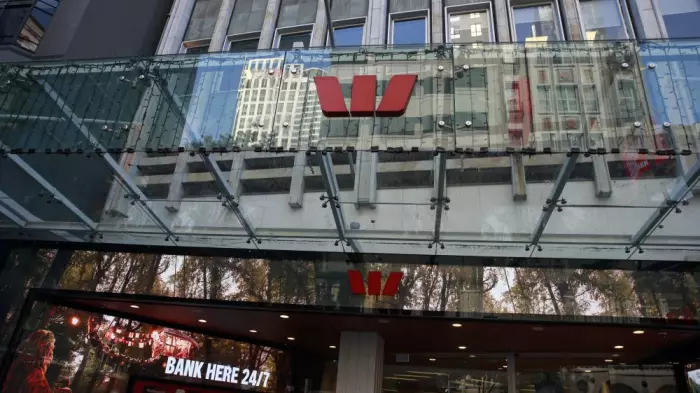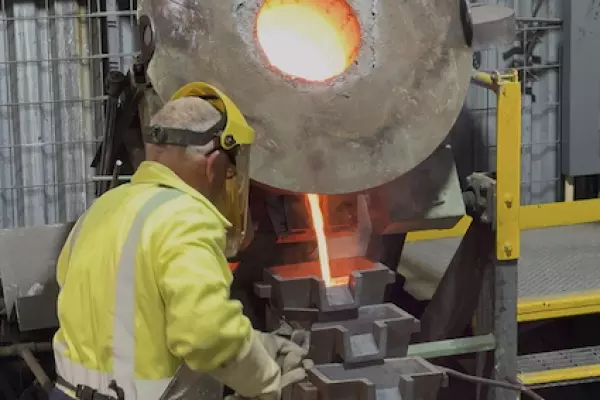A financial adviser is questioning the motives of real estate agents who continue to list homes for sale by auction, even as buyer interest dries up and house prices head down.
Auckland mortgage and insurance adviser Rod Schubert suggests agents are pushing their clients and vendors into auctions because agents are "rewarded" with a higher internal commission split when they sell at auction.
Agents dispute the claim that auctions are used to drive higher commissions, saying they're a useful tool and harder work than simply listing a home.
Schubert said the vendor pays the same commission component, but there are optional fees paid to the auctioneer.
“Where the house goes to auction, the agent will receive a bigger cut from commission paid to the agency, and that’s a conflict of interest that needs to be explained – not just in fine print – as consumers need to know the agent may have a vested interest in recommending the auction process over negotiation.”
He wants to see tighter regulations to make realtors accountable for opting for auctions, which are a more expensive method of selling.
Schubert said because the auction process is unconditional, it also ramps up upfront costs for first-home and other buyers. They could be paying more than $2,000 for building reports and independent valuations demanded by their mortgage lender even before the bidding starts.
Due diligence
Schubert said real estate agents should have to do due diligence and explain why they’re going to auction.
He said the “bit they won’t admit” is that realtors spend less time on auctions.
“At its base, reverting to auction is simply about increasing their hourly rate.”
Tim Kearins, owner of Century 21 NZ, disputes that.
“Auction is a tool that encourages the agent to focus on the property alone, and within 30 days, for the agent to chase up with all buyers and create competition on the day. So, in reality, it's harder work than simply listing a home.”
He accepts, however, that as a method of selling it "doesn’t suit every seller" because they are forced to meet the market.
The general argument in favour of auctions is that they generate ‘tension’ (bidding wars).
But Schubert said that realistically only applies to homes with a unique selling proposition, where auctions can be useful to set a market price.
Auctions down
Schubert suggests there's no reason to adopt auctions as the default way of selling a 'stock standard' property, where the house can easily be compared to other sales.
Instead, proper marketing and negotiation would open up the market to buyers who might have been put off or nervous about attending an auction.
Latest data from property analytics firm CoreLogic shows national housing values dipped 2.3% over the last three months, the biggest quarterly fall since February 2009 in the direct wake of the GFC (global financial crisis).
There's been an immediate impact on auction sales, with overall unconditional sales under the hammer trundling back to June 2020 levels.
Real Estate Institute of NZ (Reinz) numbers show there were 606 sales under the hammer last month nationwide, or about one in every 10 sales.
That’s down from 14.6% in April and well off the 27% of sales hit last June.
The drop is even more acute in Auckland, NZ’s most fertile auction market, where sales by auction fell to 17.6% by May, down from 44.5%, or almost half of sales, a year before.
Those numbers would be skewed even lower, but sales are considered 'sold at auction' where an offer is accepted one full working day after the fall of the hammer, Reinz said.
Back to 'normal'
Sam Steele, lead auctioneer with Ray White NZ, said about a quarter of the firm's sales were done by auction, with clearance rates at about 45% nationwide last month.
The company, which employs about 30 auctioneers across its 192 NZ offices, had 1,042 sales overall last month.
The firm quotes higher auction numbers in Australia, about 29% of its 4,777 unconditional sales for June.
Steele said the market had certainly come off its highs of the past few years, but it was more about the market “going back to normal” and vendors needed to be flexible on their selling price.
Even in that market, he said Ray White’s data over the past quarter showed that vendors were twice as likely to get their property sold if it was taken to auction.
CoreLogic head of research Nick Goodall said there was no doubt auctions were ebbing as a way of selling.
“We’re seeing more prices put on properties up-front, using that as a marketing tool to create multiple buyers and create a level of competition that otherwise would have been in the auction room.”














